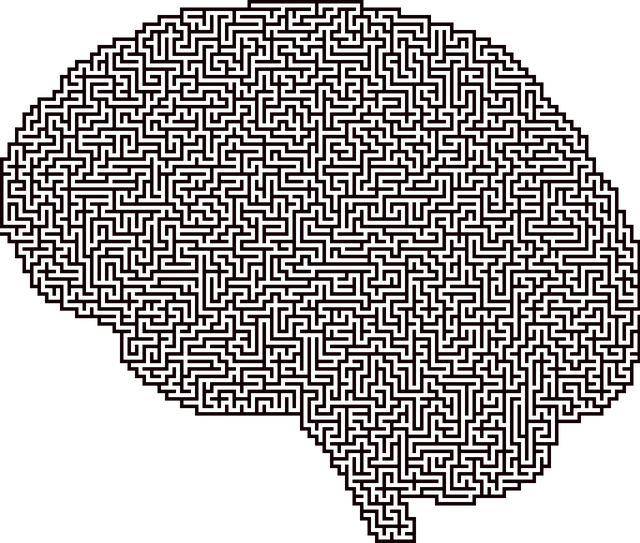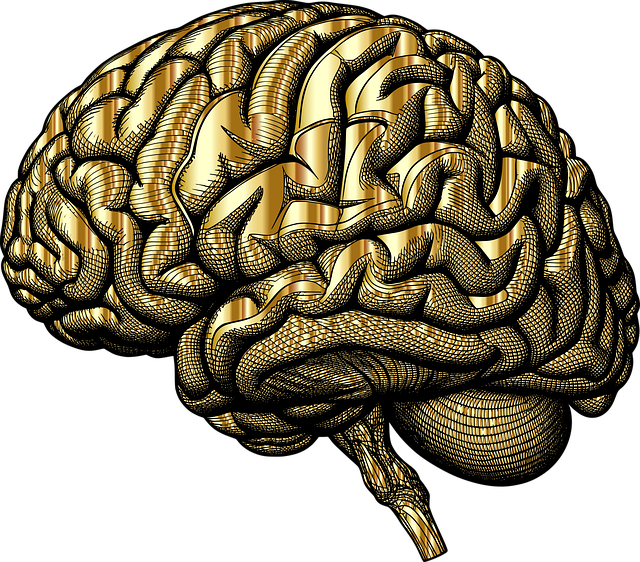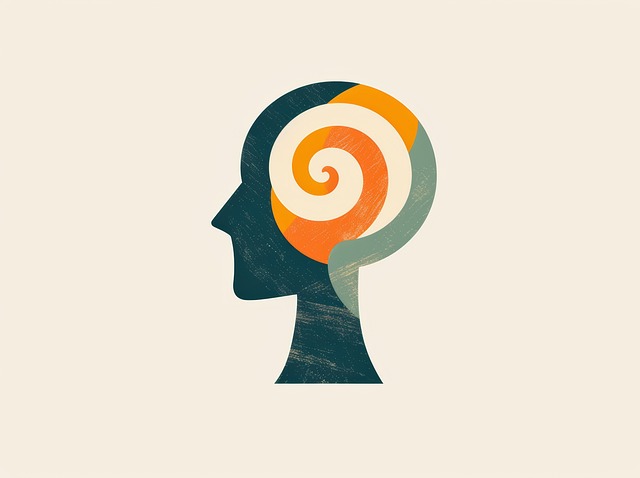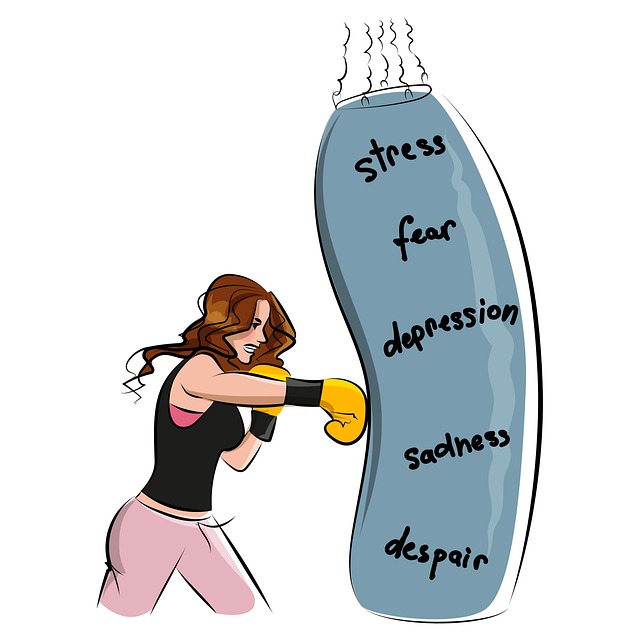Evaluating mental wellness programs for young children requires a holistic approach beyond traditional assessments, focusing on life skill development like self-esteem and positive thinking, empathy building strategies, and emotional regulation. Key areas include social skills, coping strategies, burnout prevention for healthcare providers, and fostering a sense of belonging. Programs should enhance communication between children, families, and peers, teaching adaptive coping mechanisms like stress-reduction techniques and mindfulness exercises. Addressing couples communication issues through therapy benefits both the child and their primary caregivers. Evaluation tools using standardized assessments, teacher reports, and parent interviews ensure tailored trauma support services, fostering holistic mental health policy analysis and advocacy.
Mental wellness program evaluations are vital for understanding their efficacy and impact. This article explores diverse methods to assess distinct aspects of mental health initiatives. For therapy programs targeting young children, we focus on emotional development, social skills, and coping strategies using standardized assessments, teacher reports, and parent interviews. In the realm of couples communication issues, pre-post tests, session reviews, and feedback forms are explored as unique evaluation tools. Additionally, we discuss balancing quantitative and qualitative methods in measuring intervention success through longitudinal studies, follow-up interviews, and client testimonials.
- Assessing Mental Wellness Programs for Young Children
- – Identifying Key Areas of Focus: Emotional Development, Social Skills, and Coping Strategies.
- – Evaluation Tools: Standardized Assessments, Teacher Reports, and Parent Interviews.
Assessing Mental Wellness Programs for Young Children

Evaluating mental wellness programs for young children requires a multifaceted approach that goes beyond traditional assessments. It’s crucial to consider not just academic performance or behavioral changes, but also the development of essential life skills like self-esteem improvement and positive thinking. Programs should be designed to foster empathy building strategies, as these play a significant role in healthy social interactions and emotional intelligence.
When assessing therapy for young children, especially those facing couples communication issues, it’s important to look beyond immediate outcomes. Longitudinal studies can provide valuable insights into the lasting impact of interventions. By tracking participants’ progress over time, researchers can determine if improvements in mental wellness are sustained, indicating effective program design and implementation that addresses underlying causes rather than merely symptomatic relief.
– Identifying Key Areas of Focus: Emotional Development, Social Skills, and Coping Strategies.

When evaluating mental wellness programs for young children, it’s essential to identify key areas that contribute to their overall well-being. Emotional development is a cornerstone; ensuring kids can recognize and express their feelings healthily is fundamental. Program effectiveness can be measured by observing improvements in emotional regulation, empathy, and stress management among participants. Additionally, social skills are vital for healthy relationships and community involvement. Evaluations should assess the program’s impact on enhancing communication between children and their families or peers, fostering a sense of belonging, and promoting prosocial behaviors.
Coping strategies are another critical aspect to focus on. Mental health education programs design should aim to teach adaptive coping mechanisms that equip young individuals with tools to navigate challenges. This includes stress-reduction techniques, problem-solving skills, and resilience building. By incorporating self-awareness exercises tailored for children, programs can encourage mindfulness, emotional intelligence, and better understanding of their thoughts and behaviors. Moreover, evaluating burnout prevention strategies for healthcare providers involved in these programs is essential, ensuring they are equipped to support both their own well-being and that of the young participants.
– Evaluation Tools: Standardized Assessments, Teacher Reports, and Parent Interviews.

Evaluation tools play a pivotal role in mental wellness program effectiveness, offering insights into the progress and needs of young participants. Standardized assessments, designed to measure emotional and behavioral characteristics, provide a quantitative baseline for comparing outcomes across different interventions. These tools often include age-appropriate questionnaires or interviews that can detect early signs of distress or challenges in areas like social skills and self-regulation – crucial aspects of emotional well-being promotion techniques for young children.
Complementing standardized assessments, teacher reports offer qualitative data on students’ behavior and interactions within the classroom setting. This perspective is invaluable, as it highlights everyday manifestations of mental health issues, including communication impairments or withdrawal from peer interactions, which may not be evident through self-reported measures alone. Similarly, parent interviews provide a window into children’s experiences at home, potentially revealing unmet needs or challenges in adapting acquired skills from therapy for young children to their daily lives. Integrating these various evaluation methods contributes to a holistic mental health policy analysis and advocacy, ensuring that trauma support services are tailored to meet the unique requirements of each child and family.
Evaluating mental wellness programs for young children is a multifaceted process that involves assessing emotional development, social skills, and coping strategies. By combining standardized assessments, teacher reports, and parent interviews, professionals can gain a holistic view of a child’s progress. This comprehensive approach ensures that therapy for young children, including those with couples communication issues, is tailored to meet their unique needs. Through ongoing evaluation, mental health practitioners can refine interventions and optimize outcomes, fostering healthier development in these critical early years.











